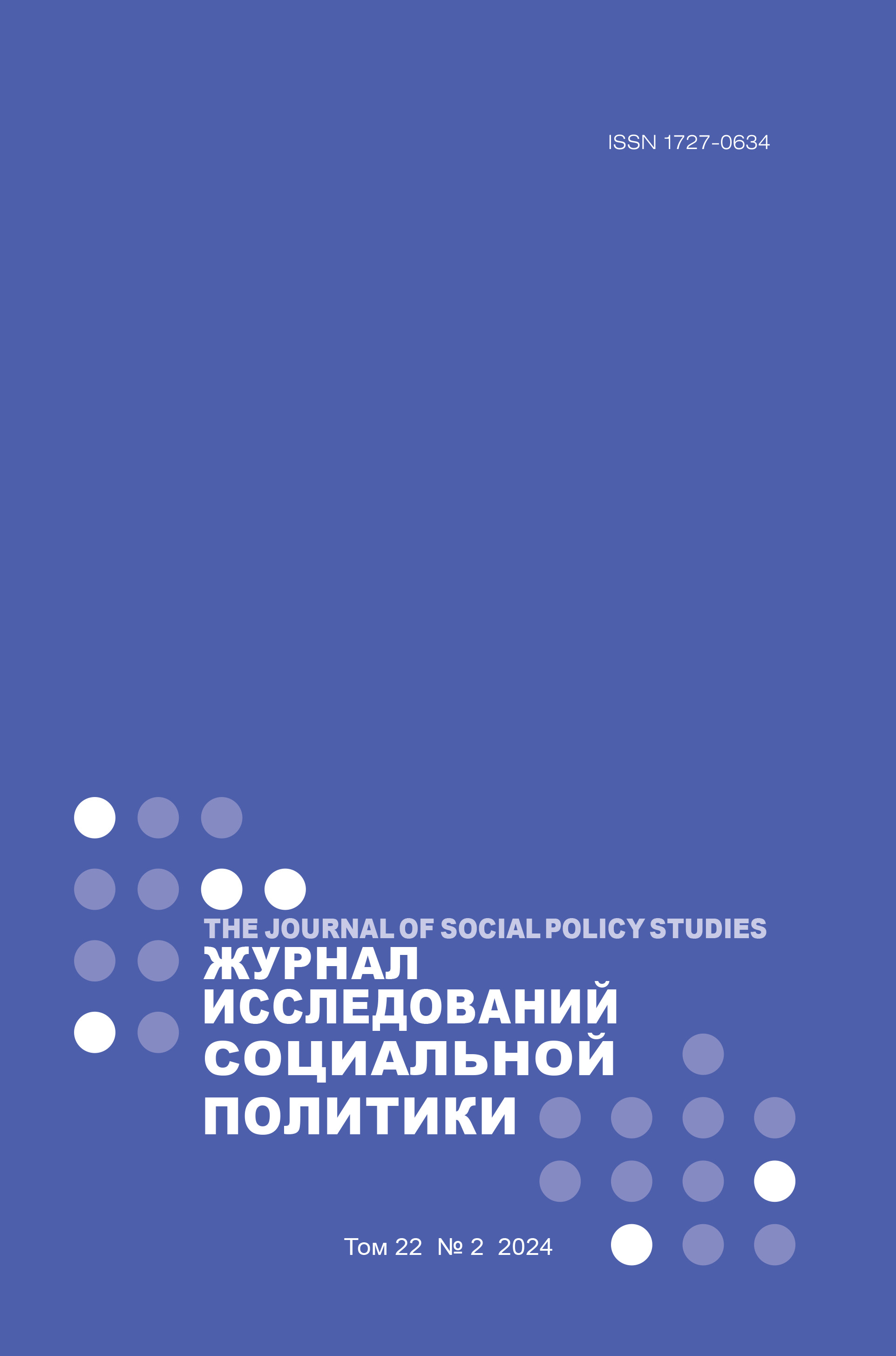Intergenerational Justice Issues: From Contract Theory to the Tort Approach
Abstract
This article discusses problems of a fair settlement of intergenerational relations, and formulates the subject of intergenerational justice theory as a set of normative studies concerning principles of regulation of relations between non-coexistent generations. It defends the possibility of raising the question of justice towards future generations not yet born, despite the absence of Humean 'circumstances of justice' in such situations and despite the so-called 'non-identity problem.' It is argued that the reference to 'circumstances of justice' is in itself insignificant, since it requires an additional justification of the normative significance of specific 'circumstances of justice' and the inadmissibility of going beyond them. It is shown that the 'non-identity problem' is a false problem. The views of John Rawls on the problems of intergenerational justice are critically analyzed. The contractual approach to regulating the relevant relationships is rejected. The author demonstrates the inconsistency of the idea of the 'original position' in relation to the theory of intergenerational justice. The concept of sustainable development is analyzed as a possible response to the problem of intergenerational justice, taking into account, inter alia, environmental issues. Attention is drawn to the problem of indicators by which we can assess the well-being of past, present and future societies, and to the incompleteness of the idea of sustainable development without the development and normative justification of these indicators. In addition, it is argued that the idea of sustainable development as a normative solution to the problem of intergenerational justice is incomplete without an answer to the question of what the size of relevant indicators should be. In order to solve the problems raised, it is proposed to understand the idea of sustainable development within the framework of tort liability applied to intergenerational relations. It is argued that it is the conditions of tort liability that can serve as the basic principles of the relationship of non-coexistent generations. Finally, the tort approach offers its own interpretation of the so-called principle of discounting the future, in which it is associated not with a diminished importance of future generations, but with a reduced ability to foresee the consequences of a particular policy for future generations.















